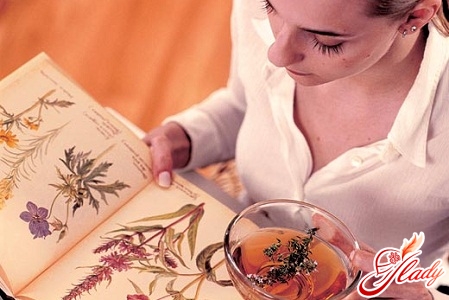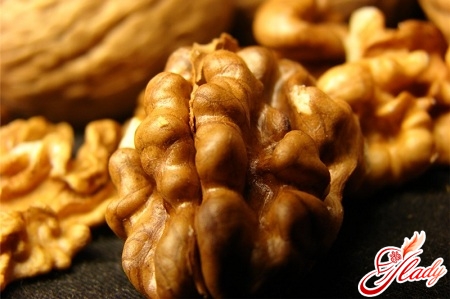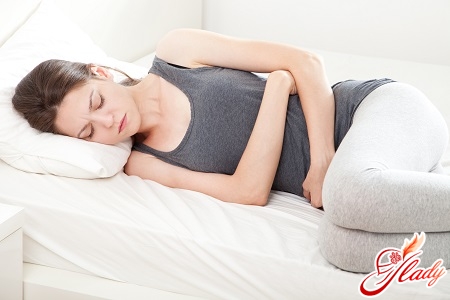
Reflux gastritis is often not taken seriously.At the initial stage, this disease may not manifest itself at all or look like a minor inconvenience. It seems that this discomfort is a temporary phenomenon that will pass after a couple of days, and therefore it can be tolerated. But this disease is very insidious and often leads to more serious diseases, such as erosion of the stomach walls, ulcers, cancer.
What is reflux-gastritis?
The full medical name is gallbladder.reflux gastritis, type C gastritis or chronic chemical-toxic-induced gastritis. How does it happen? As you understand, the acidity in the stomach is not uniform. In the body of the stomach, where all the food is, the acidity is higher, and before entering the intestines, the concentration of acid in the gastric juice is lower (since it is partially compensated by bicarbonates). This is necessary for the transition of the semi-digested mass into the intestines, where the environment is alkaline. In a healthy person, the work of the sphincters (a strong circular muscle that compresses a hollow organ or closes an opening) is synchronized. The exact sequence in the work of the valves ensures proper digestion of food. For various reasons, the function of the pylorus is disrupted, semi-digested food masses, along with enzymes and bile, rush back, from the intestines to the stomach. The mucous membrane of the stomach cannot cope with such an aggressive environment (enzymes, bile acid and salt), and, as a result, the walls of the main digestive organ are destroyed. On the other hand, acid from the stomach gets into the intestines, irritates them and causes inflammation. This phenomenon is called reflux (ejection), and gastritis developing against this background is called reflux gastritis. The disease is chronic.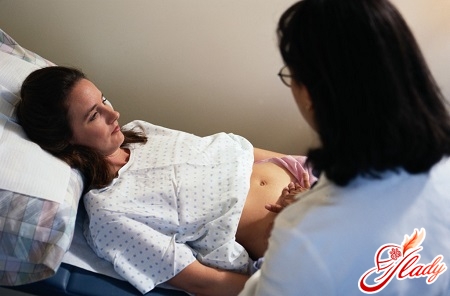
Types of reflux gastritis
Depending on the causes, reflux is of two typestypes. The first is duodenogastric reflux. The causes are poor closure of the pylorus, high blood pressure, inflammatory and degenerative processes of the mucous membrane (duodenitis) in the duodenum. The second is biliary reflux. The causes are disorders in the biliary system, motor failure and uncoordinated work of the sphincters. The causes lead to a failure in the sequence and strength of pressure inside the intestine and bile ducts, and this causes failures in the compression of the ducts of the stomach and pancreas. Depending on the pathologies, reflux gastritis is divided into:
- Surface
This type is characterized by dystrophy of the superficial epithelium, as well as disturbances in its regeneration. No damage to the glands is observed.
- Catarrhal
It is characterized by inflammation of the mucous membrane and its swelling, dystrophy of the epithelial layer.
- Erosive
It manifests itself as erosion on the mucous membrane, superficial defects that do not extend beyond the muscular plate of the stomach.
- Biliary
With this type of reflux, disorders are observed.nervous system and endocrine glands. Symptoms of the disease are a feeling of fullness in the stomach, heaviness after eating, bitter belching, an unpleasant taste in the mouth, nausea; constipation alternating with diarrhea; bloating in the abdominal area. It should be noted that with biliary reflux, the pain is usually not pronounced. It can be dull, barely noticeable, aching. Sometimes it intensifies after a person has eaten, the body's absorption of food worsens, as a result of which there is a deficiency of nutrients. For this reason, patients lose weight, cracks in the corners of the lips, anemia, weakness, dry skin appear. Catarrhal, biliary, superficial, erosive gastritis are dangerous. Only a doctor can determine what kind of problem you have and then prescribe treatment. It is not recommended to take pills, tinctures and other medications on your own.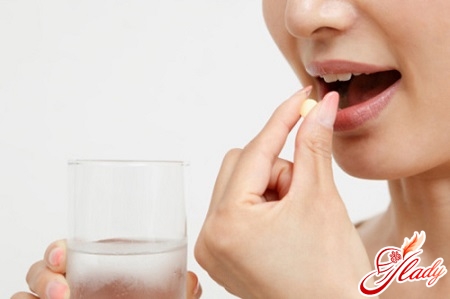
How to cure reflux gastritis?
Treatment of reflux gastritis should becomprehensively and be aimed at the processes of binding bile acids, removing them from the stomach and improving the motor function of the digestive organ. Even if you have catarrhal or superficial gastritis, your doctor will definitely prescribe medications. Medication:
- prescribe drugs that protect the gastric mucosa and bind bile acids;
- special attention is paid to preparations that convert bile acid into water-soluble forms;
- use drugs that prevent the return of bile.
Treating reflux gastritis with medication hasmakes sense provided that the patient's diet is organized correctly. The diet for reflux gastritis should be aimed at preserving the gastric mucosa; food should not injure the walls of the digestive organ. It is necessary to exclude any aggressive foods, spicy, fried, coarse food. If you have superficial, erosive, catarrhal or biliary reflux gastritis, the diet is prescribed either by a nutritionist or a gastroenterologist. During the treatment period, light, necessarily semi-liquid, steamed or boiled food is recommended. For example, soups, mashed and boiled in weak broth; steamed cutlets, mashed potatoes, soft low-fat sauces, very boiled porridges on water, low-fat cottage cheese, soft-boiled eggs. When the exacerbation is relieved, you can add juices, fermented milk products, some vegetables and fruits to your diet; if well tolerated, then milk. If you have superficial gastritis, jelly and compotes are allowed. During treatment and as a preventive measure, it is recommended to drink mineral water selected by a nutritionist, which helps to alleviate painful conditions. With reflux gastritis, it is strictly prohibited, and not only during an exacerbation:
- Fried food: fish, eggs, cutlets, potatoes,
- Fatty food,
- Bread white and rye,
- Alcohol,
- Honey, jam, sugar,
- Marinades, pickles, smoked products, sausages,
- Baking and chocolate.
You should eat as desired, in small portions, notless than 6 times a day. Food should not be cold or hot, even if we are not treating reflux gastritis. If nutrition is properly organized, it will significantly improve well-being and have a positive effect on treatment. It is important to follow several rules: bend less, do not lift heavy objects, do not eat large amounts of food, do not lie down immediately after eating, try to sleep on high pillows and avoid stress.





